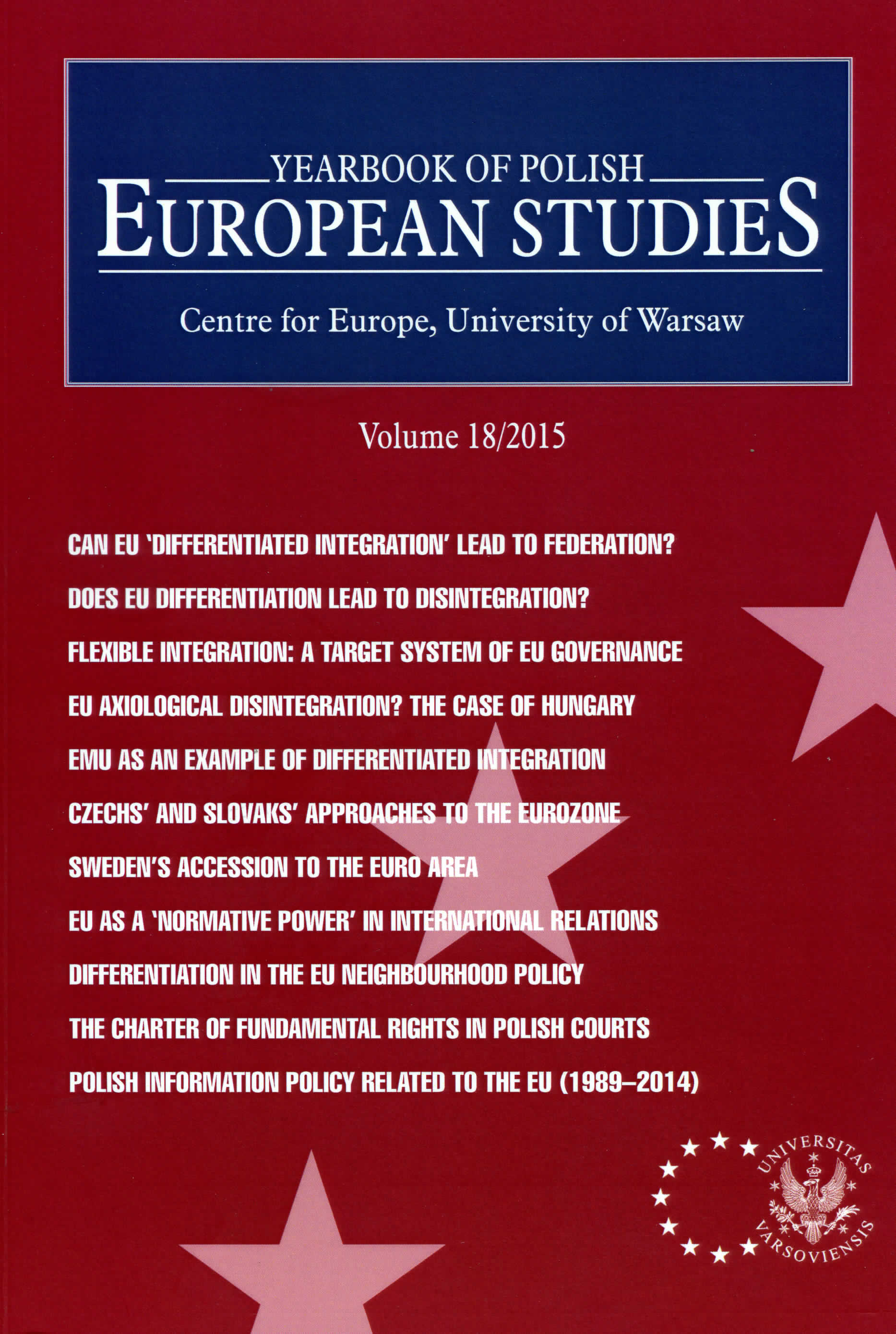Presidency of the Council of the European Union – Institutional Governance or Political Process?
Presidency of the Council of the European Union – Institutional Governance or Political Process?
Author(s): Adam A. AmbroziakSubject(s): Politics / Political Sciences
Published by: Centrum Europejskie Uniwersytetu Warszawskiego
Keywords: EU presidency; Council of EU; decision-making process
Summary/Abstract: The entry into force of the Treaty of Lisbon has brought about significant changes in the institutional system and decision-making process of the European Union, which have had an essential impact on the method and effects of holding the Presidency of the Council of the EU. The changes include, first of all, the institutionalisation of the European Council and the procedure for appointing the President of the European Council; the establishment of the institution of High Representative for Foreign Affairs and Security Policy; and changes in the scope and course of the ordinary legislative procedure, which is the most frequently used procedure in the EU’s legislative work. The role of the Presidency in shaping European policies, as broadly understood, has significantly decreased in favour of the European Council. The appointment of the High Representative for Foreign Affairs and Security Policy and the strengthening of the Euro Group’s power have also weakened the position of the country holding the Presidency of the Council of the EU. It should be emphasised, however, that owing to new and ever more frequently used legislative paths (e.g. informal trilogue with the European Parliament and the Commission), the importance of the actions taken by the rotating Presidency in the EU’s decision-making process is growing.
Journal: Yearbook of Polish European Studies
- Issue Year: 2012
- Issue No: 15
- Page Range: 125-153
- Page Count: 29
- Language: English

